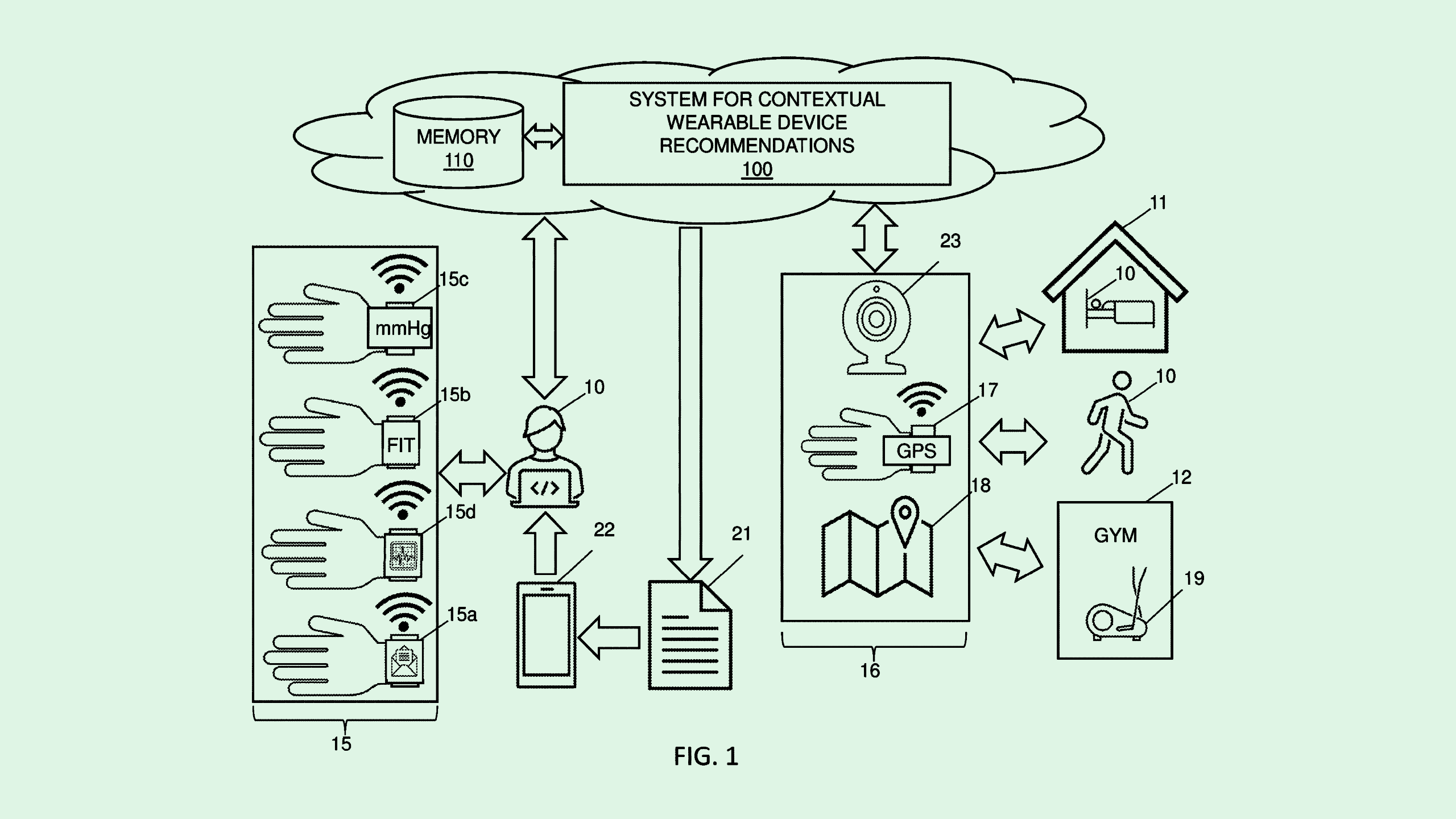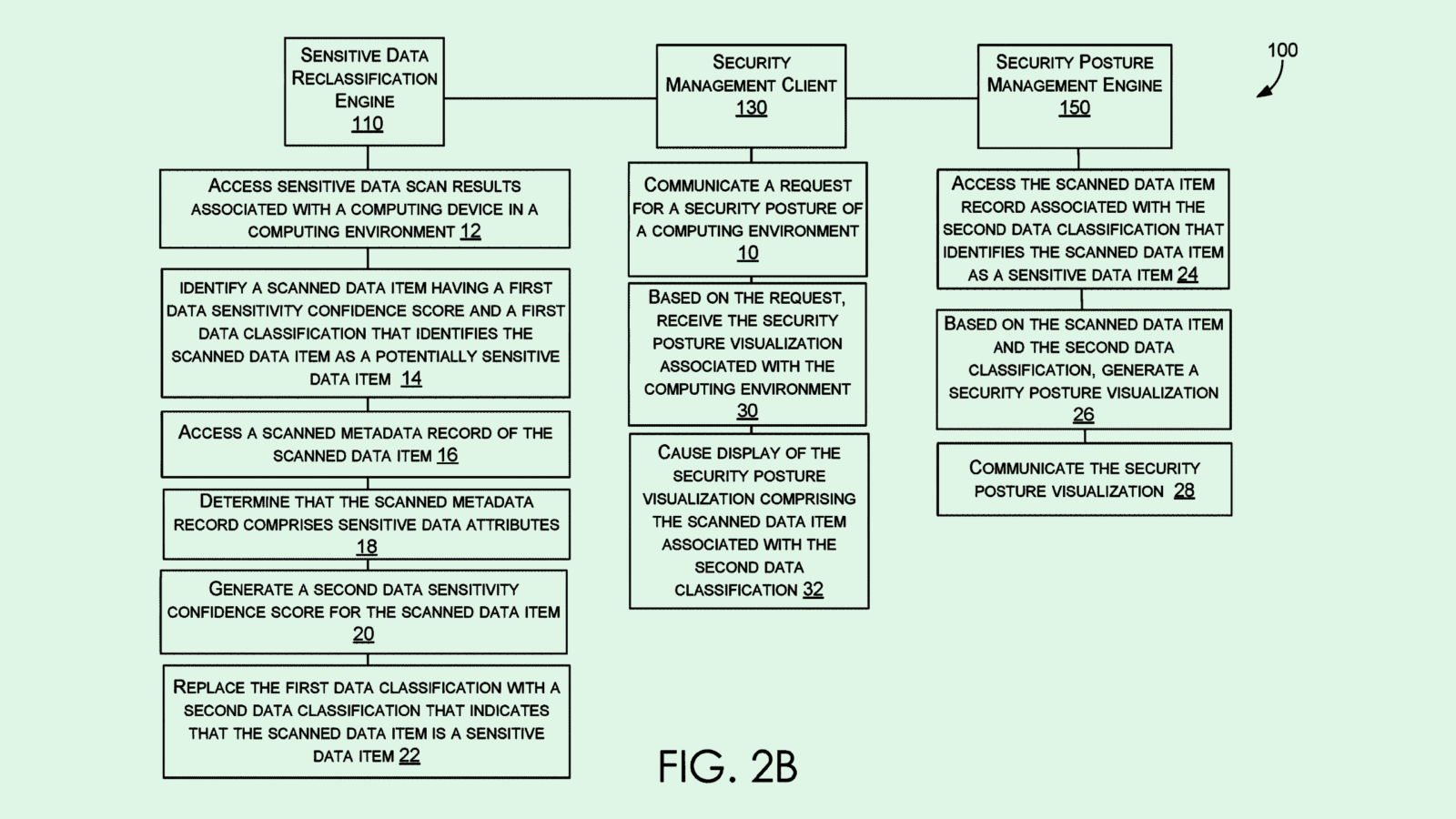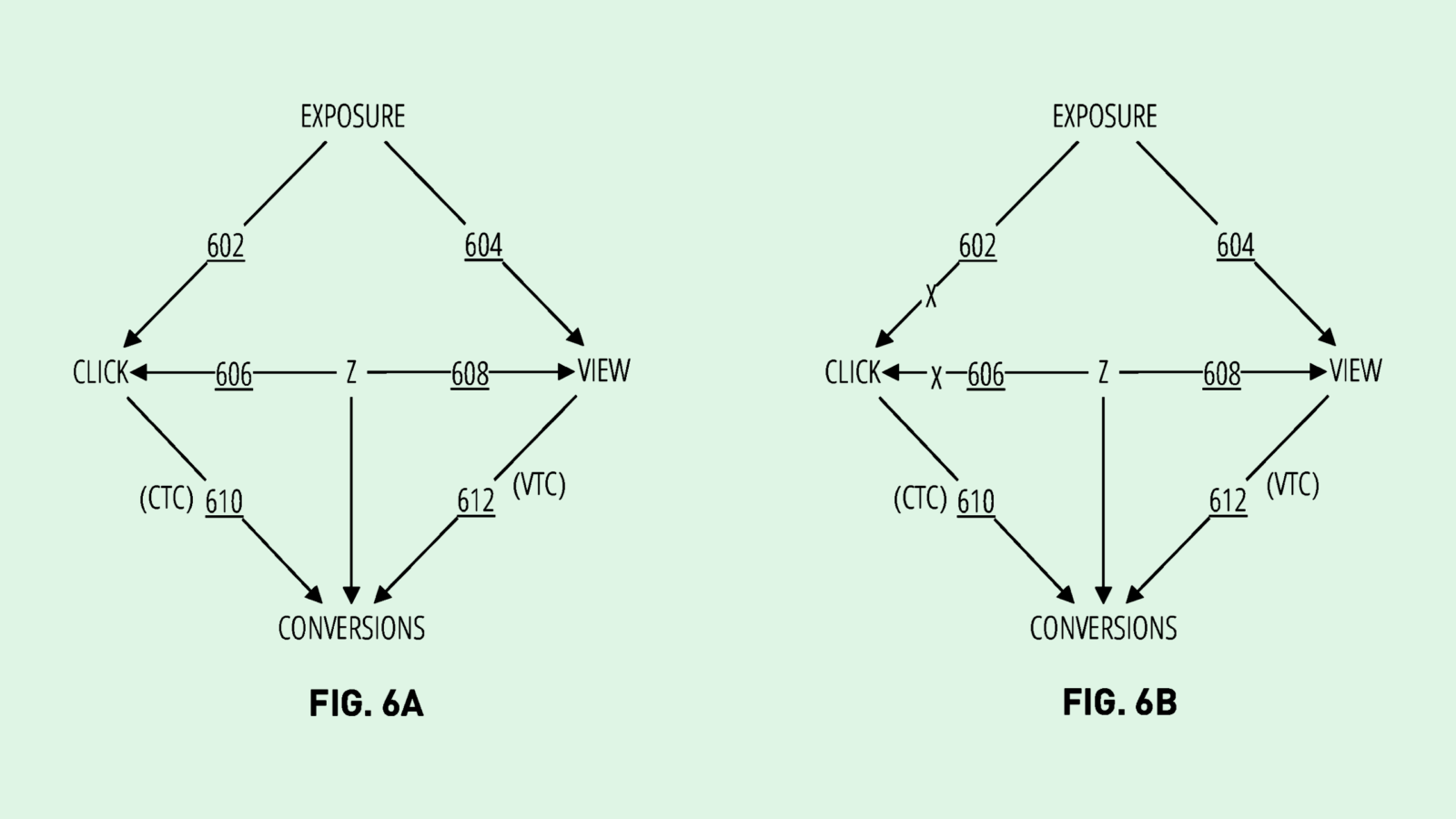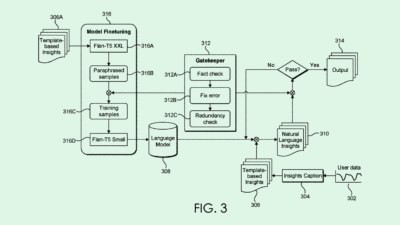IBM Patent Signals Big Tech’s Growing Focus on AI Wearables
IBM’s latest patent wants to give you the right tool for the job.

Sign up to uncover the latest in emerging technology.
IBM may want to turn you into Inspector Gadget.
The company filed a patent application for “wearable device recommendations by artificial intelligence.” IBM’s patent details a system that aims to understand the context of a user’s surroundings to recommend what devices or applications should be used at any given time.
To start, this system collects data about a user’s environment, habits or location through their wearable devices or other “position rendering technologies,” such as cameras or smart home devices. An AI model then predicts a user’s activity by analyzing that environmental data and comparing it with historical activity data for that location.
The user is then given a list of recommendations for devices or operations they could use for said activity, “characterized by sensors for capability,” IBM said in the filing. “By employing artificial intelligence the computer wearable devices are matched by capability of their sensor to the user activity.”
To paint a picture, if a user is at the gym, it may recognize that location, and recommend that the user turn on a heart rate monitor via a smart watch. If a user gets into their car, it may recommend turning on a GPS on their phone.
Though IBM’s tech is largely applicable to smart watches and phones, it notes that it could be used for a variety of wearable and non-wearable gadgets, including smart glasses and tablets.
Tech firms seem quite intent on turning AI wearables into must-haves. While Apple and its suite of devices sit at the top of this market, almost every big tech firm is working on increasingly advanced wearables, whether it be smart glasses, watches or headphones. And patent activity from companies like Meta, Microsoft, and Google signals that these devices are only getting smarter.
It makes sense why these companies want to be with you at every step: The more devices that are strapped to users, the more data they can collect. That kind of data can have several uses, including highly targeted (and highly lucrative) digital advertising and AI training.
This patent takes a similar approach to several other tech firms by discussing wearables through the lens of health and wellness, focusing on things like “bio sensors” for heart rate and blood pressure monitoring. However, the advanced tracking that these devices are capable of could extend far beyond your average fitness tracker.
Plus, where IBM’s pitch may take it a step beyond is by stringing these capabilities together and making them adaptable, activating certain apps, programs or devices based on the user’s surroundings. If utility is the key to higher rates of adoption, IBM may see a path towards this through accurate and convenient AI-powered recommendations.











